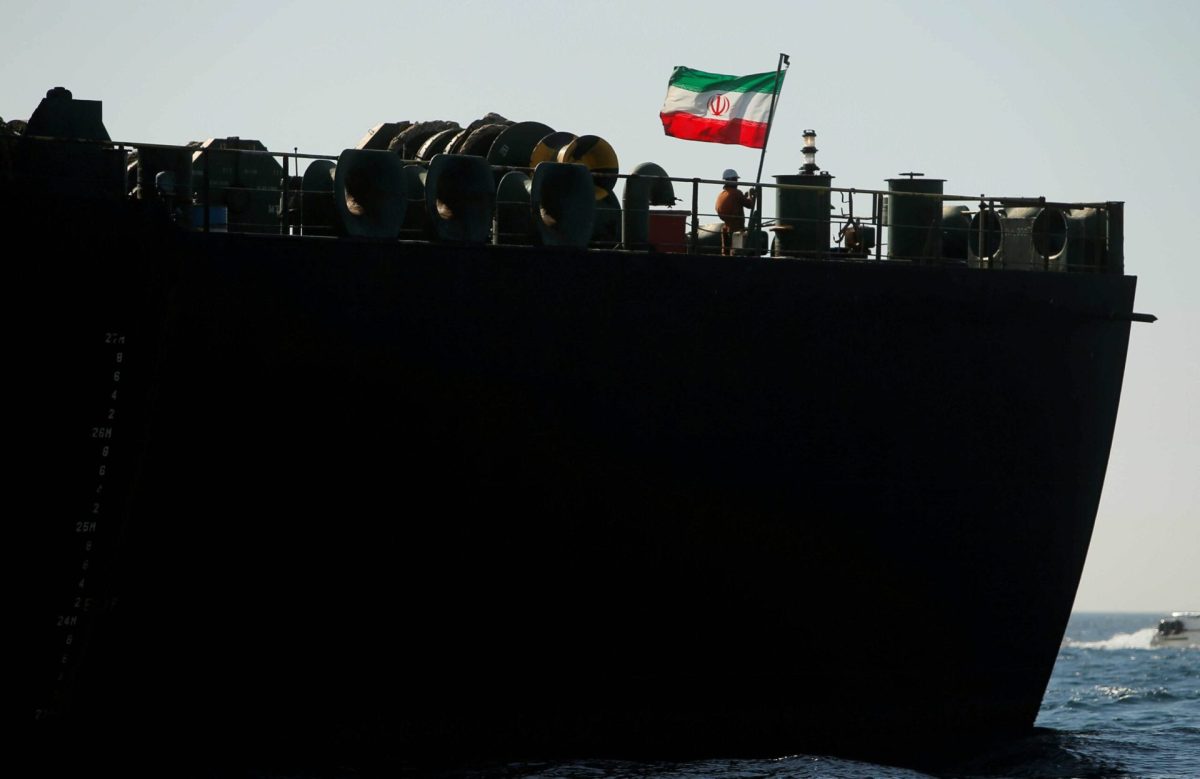White House press secretary Jen Psaki faced multiple questions during Monday’s briefing on how the administration views these trade-offs of bartering with countries “that may have engaged in unsavory actions in the past”, as reports trickled out in recent days that Biden and European counterparts are discussing a ban on Russian oil imports to further punish President Vladimir Putin for his country’s attack on Ukraine.
The Biden administration is in a tricky position as it faces bipartisan calls to ban Russian oil, a move that would upend markets in a global economy still recovering from the pandemic.
As the White House weighs its next move, inflation tops the minds of Americans feeling the squeeze of rising prices, especially at the gas pump. US officials met face-to-face with Venezuelan officials in Caracas over the weekend and discussed potentially easing oil sanctions on the country as part of the strategy to combat rising prices in the US.
During Monday’s briefing, Psaki was asked about Venezuela’s leader and whether it was “really worth doing business with a despot like Nicolás Maduro to drive down gas prices”.
“I think that’s leaping several stages ahead in any process,” Psaki said, adding that oil was just one element of the discussions.
“At this point in time, I don’t have anything to predict. It’s ongoing,” she continued.
Psaki stated that while energy security was a key part of the meetings in Venezuela, US officials also discussed the welfare of detained US citizens. She had a similar message on negotiations in Saudi Arabia and Iran, noting that the talks were in progress and that energy was just one piece of the multipronged discussions.
In February, Brett McGurk, coordinator for the Middle East and North Africa, and Amos Hochstein, a State Department special envoy for energy affairs, traveled to Saudi Arabia, where Psaki noted the officials discussed a range of issues. She stated Biden did not have plans at the moment to travel to the country.
“[They] went to Saudi Arabia to discuss a range of issues, including the war in Yemen, including security in the region and certainly including energy security,” Psaki said, adding, “They had the discussion, it’s in everyone’s interest to reduce the impact on the global oil marketplace.”
Psaki noted “the discussion of oil” was also a part of negotiations for the Iran nuclear talks.
The United States and its allies are “getting closer” to a nuclear deal with Iran, Psaki stated, but “important components” still need to be decided.
“That is why we’re in these — these negotiations. We are getting closer. There are still important components to work through,” she stressed.
